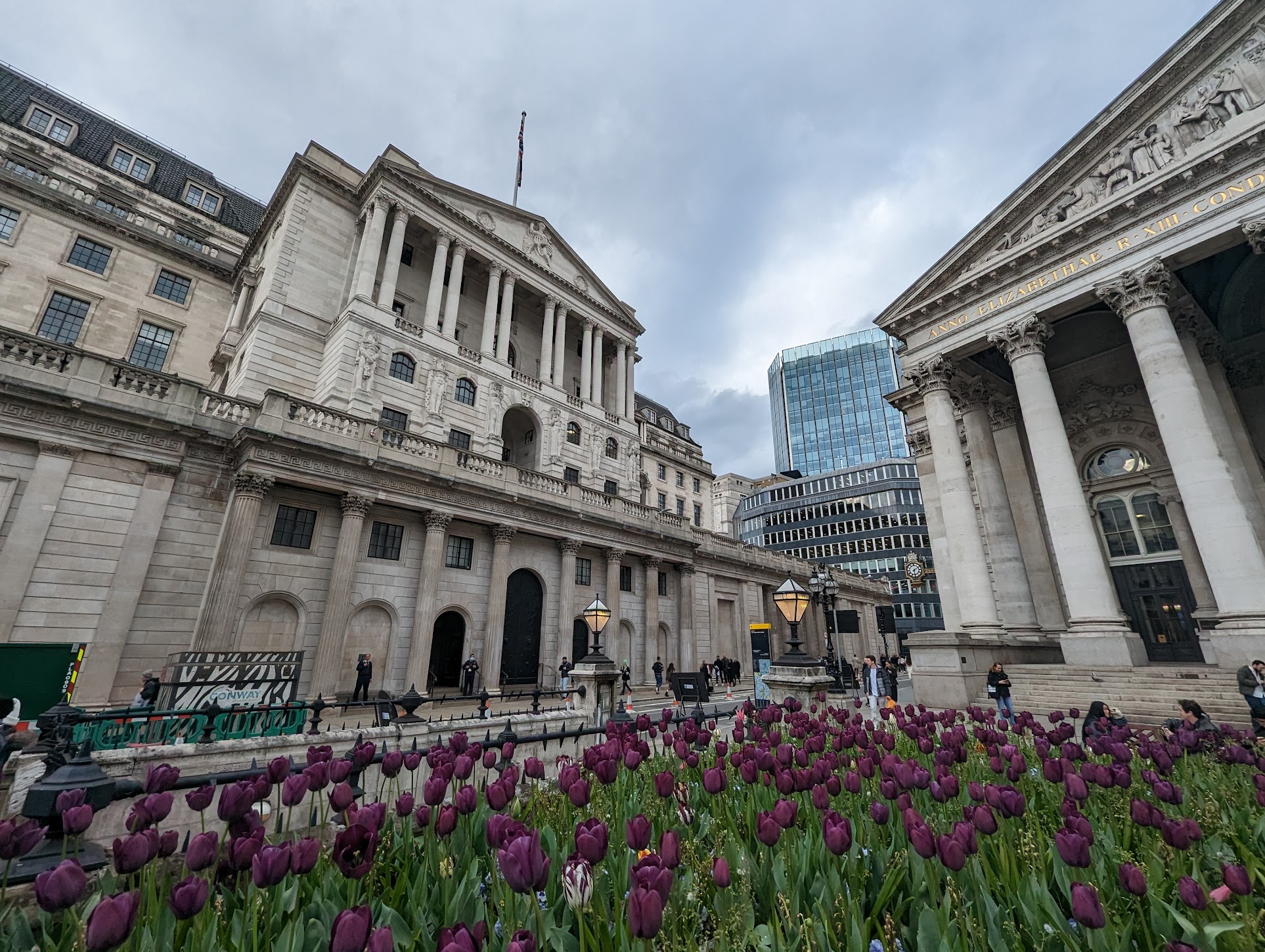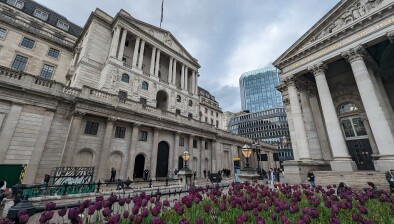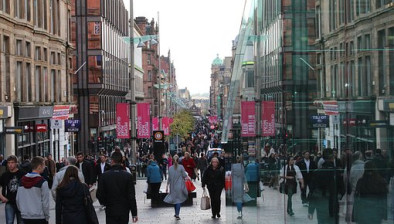February rate cut hopes rise as UK inflation cools to 2.5% in December

Bank of England (credit: George Iordanov-Nalbantov)
UK inflation unexpectedly dropped to 2.5% in December, down from 2.6% in November, boosting prospects for an interest rate cut by the Bank of England next month.
The decline, driven by lower hotel and tobacco prices, surprised City economists who had anticipated unchanged inflation figures.
Kevin Brown, savings specialist at Scottish Friendly said: “While it is positive to see inflation’s worrying bounce-back come to a stop, the essential point here is that it remains too high. Interest rate setters will be reading these numbers with continued unease, as will the government.
“Rate setters will be using these figures as their basis for the first rate decision of 2025 next month. It still appears fanciful that we might get one at the first meeting. There’s a good indication that we won’t be getting rate cuts as quickly as earlier believed, which households are clamouring for, as the Monetary Policy Committee’s number one priority is managing price rises.
“Despite inflation coming down slightly, the message for households is still clear: we’re not out of the woods yet. The only ray of hope at the moment is that wage growth is still relatively strong. However, this in itself won’t help inflation settle.”
Joe Nellis, economic adviser at MHA, said: “The small drop in year-on-year inflation to 2.5% in December is a welcome dip, but inflation remains an issue dogging the UK economy.
“In light of the recent backlash from the financial markets against the UK, it is important to note that alongside international and domestic political uncertainty, as well as a sluggish UK economy, sticky inflation is currently contributing to an increase in UK bond yields – and hence up the cost of government borrowing.”
Mr Nellis continued: “As inflation erodes the real value of government debt, the price of borrowing (bond yields) increases to cover this. With this, the threat of the UK falling into a debt spiral looms large. The interest that the government must pay on its loans could accumulate to such a level that it must borrow even more, instigating a vicious cycle of debt where increased borrowing costs and greater borrowing become mutually reinforcing.
“The fear of this catch-22 will continue to be a worry for the government if inflation cannot be tamed in the coming months, with the Chancellor facing the erosion of her fiscal headroom of almost £10 billion. To remain within self-imposed ‘fiscal rules’, the Chancellor will be forced to either squeeze public sector expenditure or raise taxes even further.”
He concluded: “What does this mean for interest rates? This sustained high level of inflation is concerning, particularly as core inflation remains elevated. Yet, despite these persistent inflationary pressures, we believe that the Bank of England will resume cutting interest rates at their next meeting on 6 February after a pause in the lead-up to Christmas, with further cuts expected at least three times throughout the year.”







